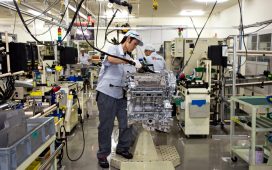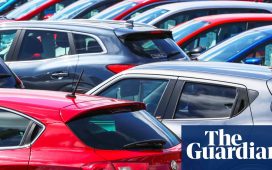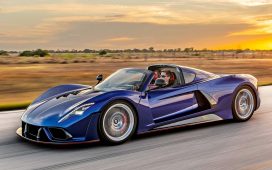By Mr. Arshdeep Mundi, Executive Director, Jujhar Group
Today, technology has become an essential component of many businesses, including transportation. Passenger transport, a critical component of the Indian transportation system, has experienced a perceptible transition. Driven by increasing air pollution levels and an inclination of the world towards carbon-free transport systems, transport engineers, technology experts and policymakers are striving consistently to make public transport cleaner, faster, less congested, more comfortable and tailored to the commuters’ expectations in almost every location and at all times of day.
India, the world’s most populated country, looks forward to transform passenger transport in a sustainable, efficient and cost-effective manner. According to its pledge at the COP26 Summit in Germany, India is poised to reach net zero carbon emissions by 2070. In order to meet these plans and evolving passenger expectations, the interim budget for fiscal year 2024-25 provided USD 33.6 billion to the Ministry of Road Transport and Highways (MoRTH). Moreover, the government has set its sights on advancing tolling systems, making them efficient, effective and transparent.
Alongside government initiatives, technological innovations play a vital role in upgrading India’s transport sector. From commodities transportation to daily commutes, technology has transformed the way people and products travel from one location to another by road. Following are some of the recent technological advancements that have accelerated the progress of road transport in India:
Electric Vehicles
The government of India strives to promote sustainable transportation, with electric cars (EVs) emerging as a crucial step to it. Since EVs promote sustainability, they can significantly reduce carbon footprints, decrease reliance on fossil resources and combat air pollution. In 2023, the central government even established the Prime Minister eBus Sewa program to incorporate electric buses into city transit. Additionally, these vehicles are of greater benefit to the local passengers of the country as they are cost-effective, require less maintenance and incur lower operating costs.
Intelligent Transport Systems
ITS or Intelligent Transport Networks, include an array of innovative technical solutions intended to improve the efficacy, safety and sustainability of transportation networks. These systems leverage real-time data to manage traffic flow, enhance public transport and improve road safety. At present, ITS is contributing significantly in India as it is extensively used to regulate traffic flow in metropolitan cities. Consequently, traffic congestion has been substantially decreased, allowing commuters to travel more swiftly. ITS also makes sure that the passenger buses run timely, minimising passenger wait times.
Last Mile Connectivity
Historically, people often face challenges in reaching their destinations, particularly in densely populated cities. This further resulted in the development of environmentally and pocket-friendly alternatives such as e-rickshaws and e-bikes. These vehicles can easily navigate congested streets, reducing the need for conventional modes of transportation. This, in turn, enhances Indian commuters’ mobility experiences while simultaneously reducing traffic congestion.
Road to Future
The future of road transport in India seems promising. Hyperloop technology, one of the significant technologies in the transport industry, holds the potential to alter the travel experiences of Indians. By integrating this, vehicles can reach a maximum speed of 700 miles per hour. Furthermore, this revolutionary technology is sustainable, making it a viable alternative for transportation. While various nations globally are investing in the development of this technology, India will also integrate this technology into its transport industry owing to its diverse benefits. Subsequently, in a report by MarketsAndMarkets, it has been predicted that the global hyperloop technology market will reach USD 6.6 billion by 2026.
In conclusion, the future of the Indian transport system is a lot more than commuting from one place to another. It involves the development of a mobility ecosystem that is sustainable, efficient and technologically advanced. By investing in and adopting the aforementioned technical improvements, the Indian passenger transport system can chart a road for a better and more robust future.
Author :

Mr. Arshdeep Mundi, Executive Director, Jujhar Group










